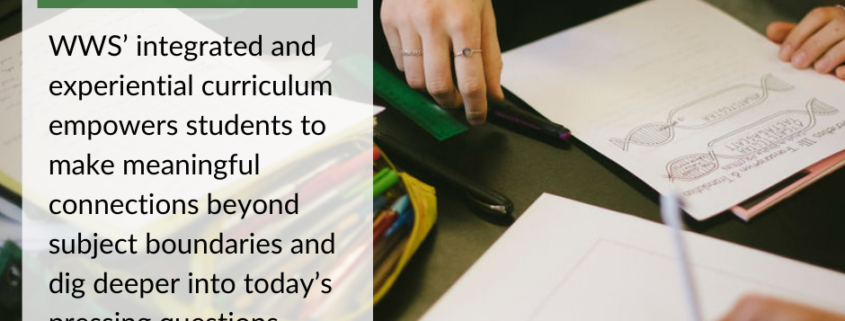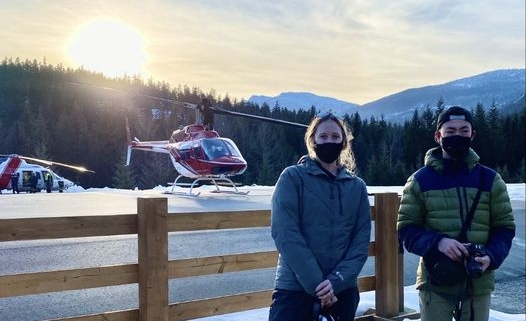Tag Archive for: curriculum
Come Tour Whistler Waldorf School in 2020
/in News & Events/by Web Admin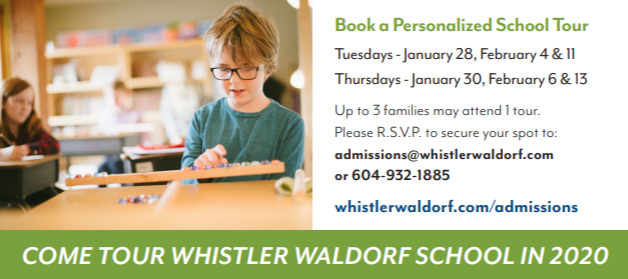
Book a personalized school tour* and learn more about Whistler Waldorf School’s unique characteristics and educational programs for Playschool, Grade School and High School.
- Small class sizes
- Arts-based approach
- Early French instruction (from Grade 1)
- Non sectarian & Non Denominational
- Outdoor Education specialization
- Unique handwork & practical arts additions
- Service work, community building & cultural exchanges.
Practical details about our Admissions Process & Financial Aid Program will also be addressed. The best way to make an informed decision is to see it in action yourself.
Tour Dates for January/February:
Tuesdays – January 28, February 4 and 11
Thursdays – January 30, February 6 and 13th
Book a tour today – RSVP to Admissions or Call 604-932-1885. If you can not make any of the above dates, please connect and let us know when might work for you.
*Up to 3 families may attend 1 tour, but specific questions/programs can be addressed during the tour.
Establishing healthy social skills at an Early Age
/in Education Journal/by Web Admin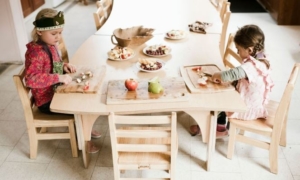 Children are encouraged to share, to work together, to care for each other and to respect the needs of others.
Children are encouraged to share, to work together, to care for each other and to respect the needs of others.
Children help perform a myriad of tasks including preparing snacks, setting the table, sweeping, and washing up after meals. An emphasis on gratitude, intention of preparation, and table manners helps develop lifelong social skills and a sense of responsibility.
Learn more about the Early Years program or contact Admissions to arrange a private tour of the Early Years Centre.
Restorative Justice & Waldorf Education
/in Education Journal/by Web Admin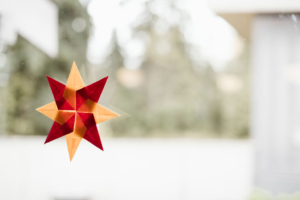 “We can say ‘Peace on Earth.’ We can sing about it, preach about it or pray about it, but if we have not internalized the mythology to make it happen inside us, then it will not be.”
“We can say ‘Peace on Earth.’ We can sing about it, preach about it or pray about it, but if we have not internalized the mythology to make it happen inside us, then it will not be.”
Betty Shabazz – American Civil Rights Educator
All human beings are valued and relational. This is a tenet of Restorative Justice and a place where Waldorf Education and Restorative Justice principles completely align. In Waldorf Education a meaningful bond between teachers and students is essential to both academic success and personal growth. In Restorative Justice respect, dignity and mutual concerns form the three pillars of creating a cohesive and connected community.
This week the North Shore Restorative Justice Society worked with teachers to help us hold community building circles in an intentional way. Circles are a way people in many cultures have come together as a community to talk about important issues and resolve problems. Circle process is facilitated through a talking piece, allowing for thoughtful reflection, attentive listening and an unhurried pace.
The objective for circles is that students will feel they have been seen, heard, understood and that they have given and received respect.
Rubeena Sandhu – Head of School
Early Years Centre Open House on Oct. 23
/in News & Events/by Web Admin Please join us at for a Community Information Session about our new Spring Creek Early Years Centre opening in November 2019.
Please join us at for a Community Information Session about our new Spring Creek Early Years Centre opening in November 2019.
Date: Wednesday, October 23, 2019
Time: 6:30-7:30 pm
Location: Whistler Waldorf School – 7324 Kirkpatrick Drive
Our Early Years Program is offered for children 30 month-school age, 2-5 days a week throughout the year.
Whistler Waldorf features a caring, thoughtfully designed learning environment integrating arts, movement, music and storytelling into the curriculum daily. This allows children to learn the best way they know how – by doing!
The info session will include tea and snacks with a short presentation on our program highlights including:
- Developmentally appropriate curriculum & focus on experiential learning
- Thoughtfully designed learning environments
- Strong sense of community & parent engagement
- Focus on fostering of a love of nature and active care for the environment
We will also share practical details including:
- Projected open dates & annual calendar
- Admissions process & wait pool policy details
- Tuition and Fee Schedule
There will also be an opportunity to ask questions and mingle with staff.
For more information please email our Admissions Manager or call 604.932.1885.
Changing seasons; Back to School rhythms
/in Education Journal/by Web Admin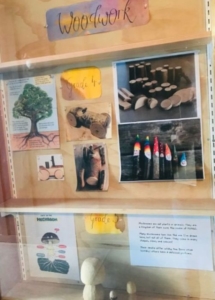 The return of the school year brings us all together again while the summer days are coming to a close. As the sun rays diminish we now begin to turn inward, and can be excited and challenged to turn also, to the fiery warmth of our school community in the fall. The turning of the leaves are a beautiful vision, yet can be a symbol of a cyclic transitions within a familiar environment: the returning rhythms of school, the bustle of after school programs, homework and packed lunches, the complexity of old relationships and the challenges of new ones.
The return of the school year brings us all together again while the summer days are coming to a close. As the sun rays diminish we now begin to turn inward, and can be excited and challenged to turn also, to the fiery warmth of our school community in the fall. The turning of the leaves are a beautiful vision, yet can be a symbol of a cyclic transitions within a familiar environment: the returning rhythms of school, the bustle of after school programs, homework and packed lunches, the complexity of old relationships and the challenges of new ones.
As the leaves turn, let us honour our students, our children, our colleagues and ourselves. As we adjust to the changing season, let us turn to each other as partners, and enjoy each other in another school year of growth and development for all.
Rubeena Sandhu, Head of School
Why Student Led Conferences?
/in Education Journal/by Communications
This year, the Lower School, and most recently the High School faculty and students, worked together to hold Student Led Conferences. Successful student-led conferences require changes in the role that teacher, student and parent have played in traditional parent conferencing. Teachers become facilitators, students become leaders and parents become active listeners and questioners.
Having students lead a conference with parents is a way to maximize student involvement as it promotes three elements essential to improving student performance in school: Relevance; why we are teaching what we are teaching to students: Responsibility; making the students more responsible for learning and: Reporting; engaging parents into the stream of student progress in learning.
It is now widely accepted by policy makers and educators that when parents are involved in their children’s education, children are more likely to succeed in school. Parent have great influence on school success by giving attention to their children’s needs and interests. The greatest influence on learning is not simply the methods used, but the ability to motivate a love of learning. What I enjoyed most about the Student Led Conferences was my engagement with the students and the quality of interactions between students, parents and teachers.
– Rubeena Sandhu, Director of Education
Experiential Learning in Waldorf Schools
/in Education Journal/by Communications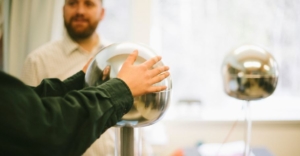
Waldorf schools intentionally incorporate a broad and balanced range of imaginative, creative, and kinesthetic experiences within the academic program. Yes, even content like coding can be taught imaginatively. At the same time Waldorf teachers maintain a keen awareness of a lesson’s meaning and relevance for a student’s senses, feelings and cognition so that they are actively engaged at each stage of their development. As Henry Barnes, a long time Waldorf teacher once wrote, “When children relate what they learn to their own experience, they are interested and alive, and what they learn becomes their own. Waldorf schools are designed to foster this kind of learning.”
– Rubeena Sandhu, Director of Education
Grade 12 projects: a culmination of a journey.
/in Education Journal/by Communications
|
|
Looking for Something?
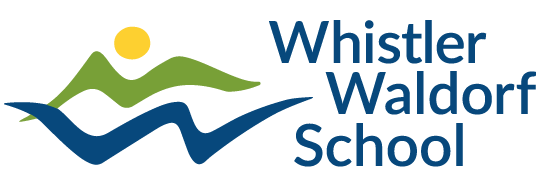
We acknowledge with respect that our school is located in the traditional territories of the Sḵwxwú7mesh & Lil’wat Nations where we live, learn and play.
Stay in touch
7324 Kirkpatrick Way
Whistler, BC V8E0E8
(604) 932-1885
info@whistlerwaldorf.com

